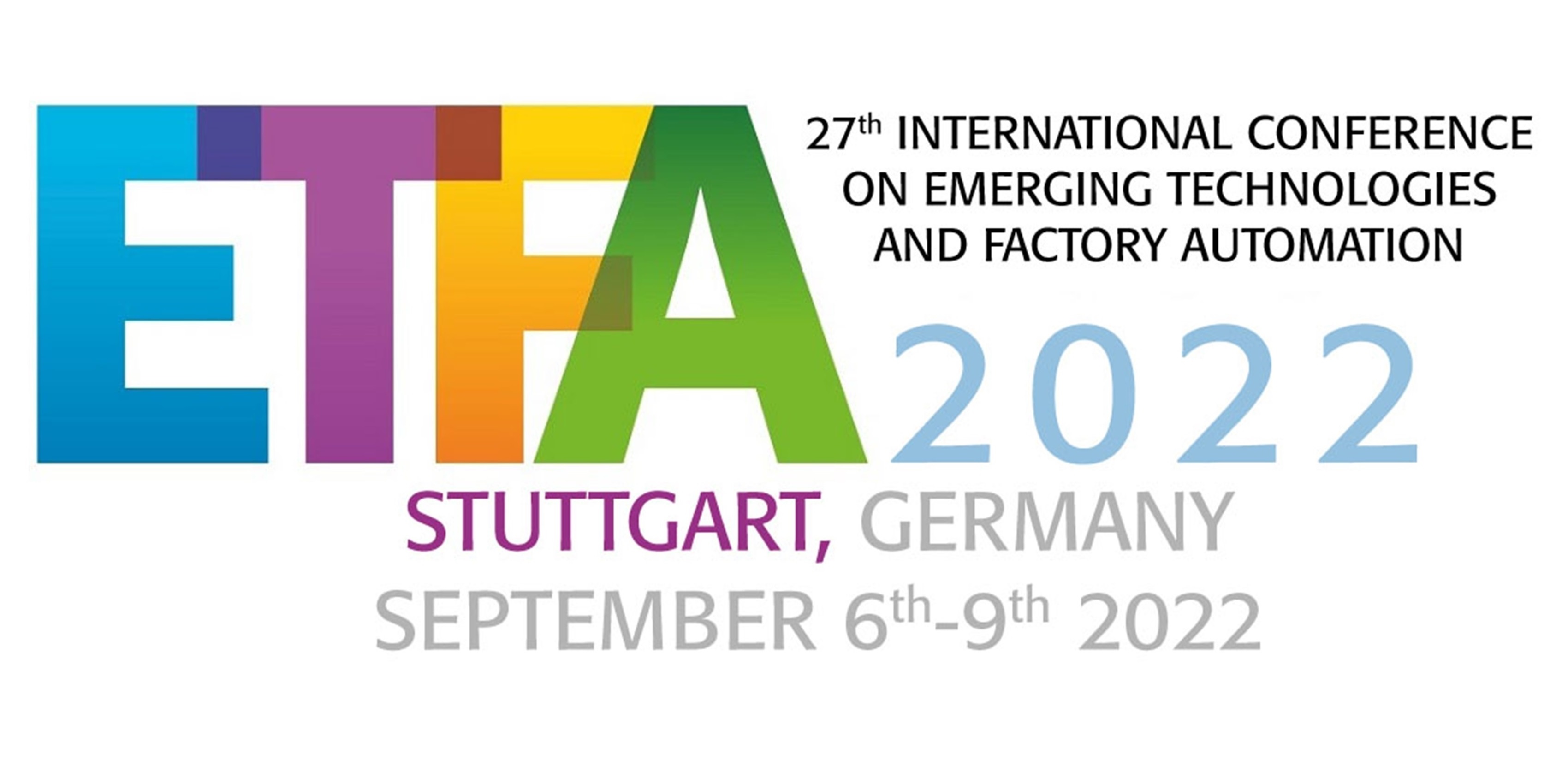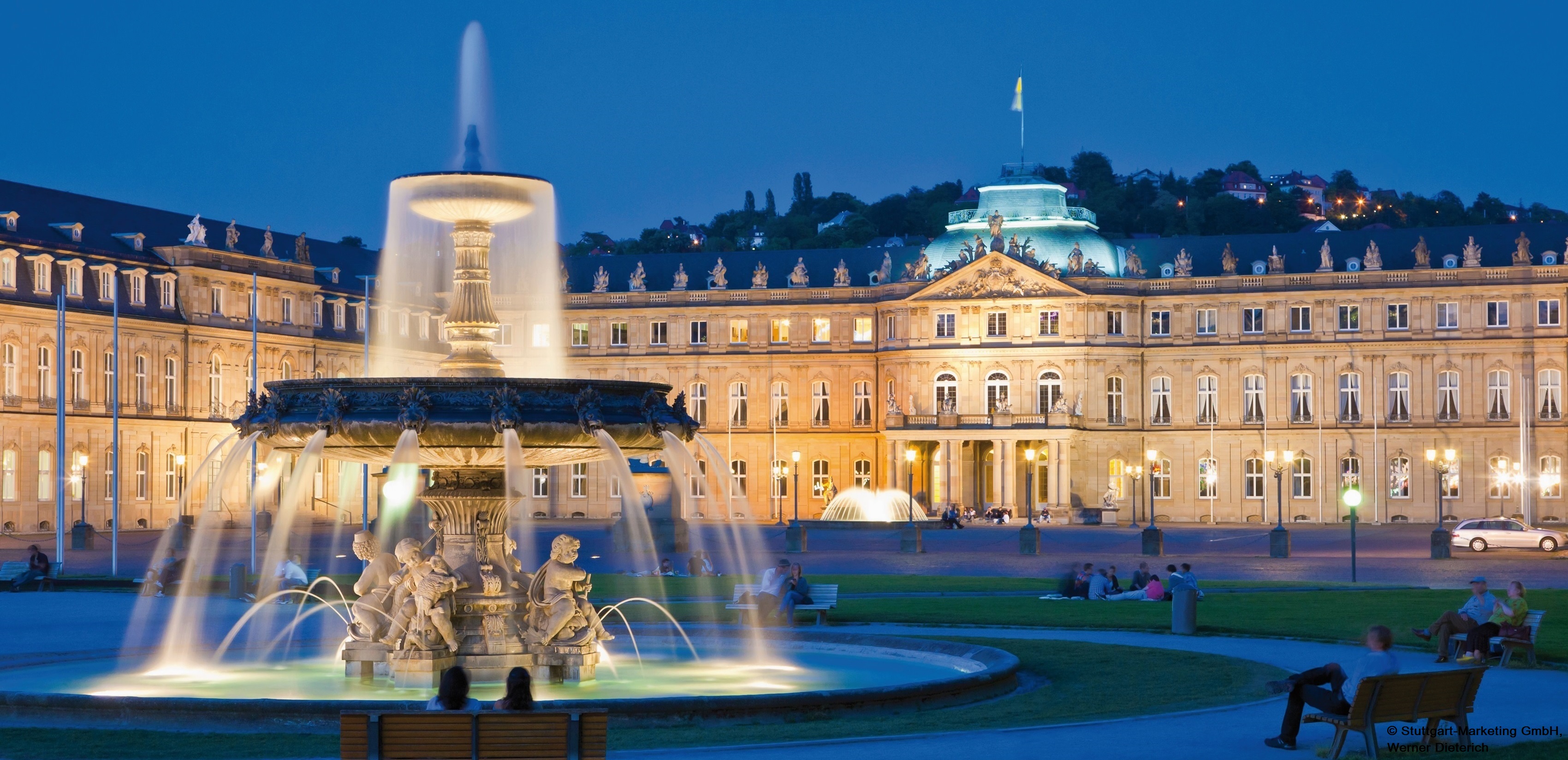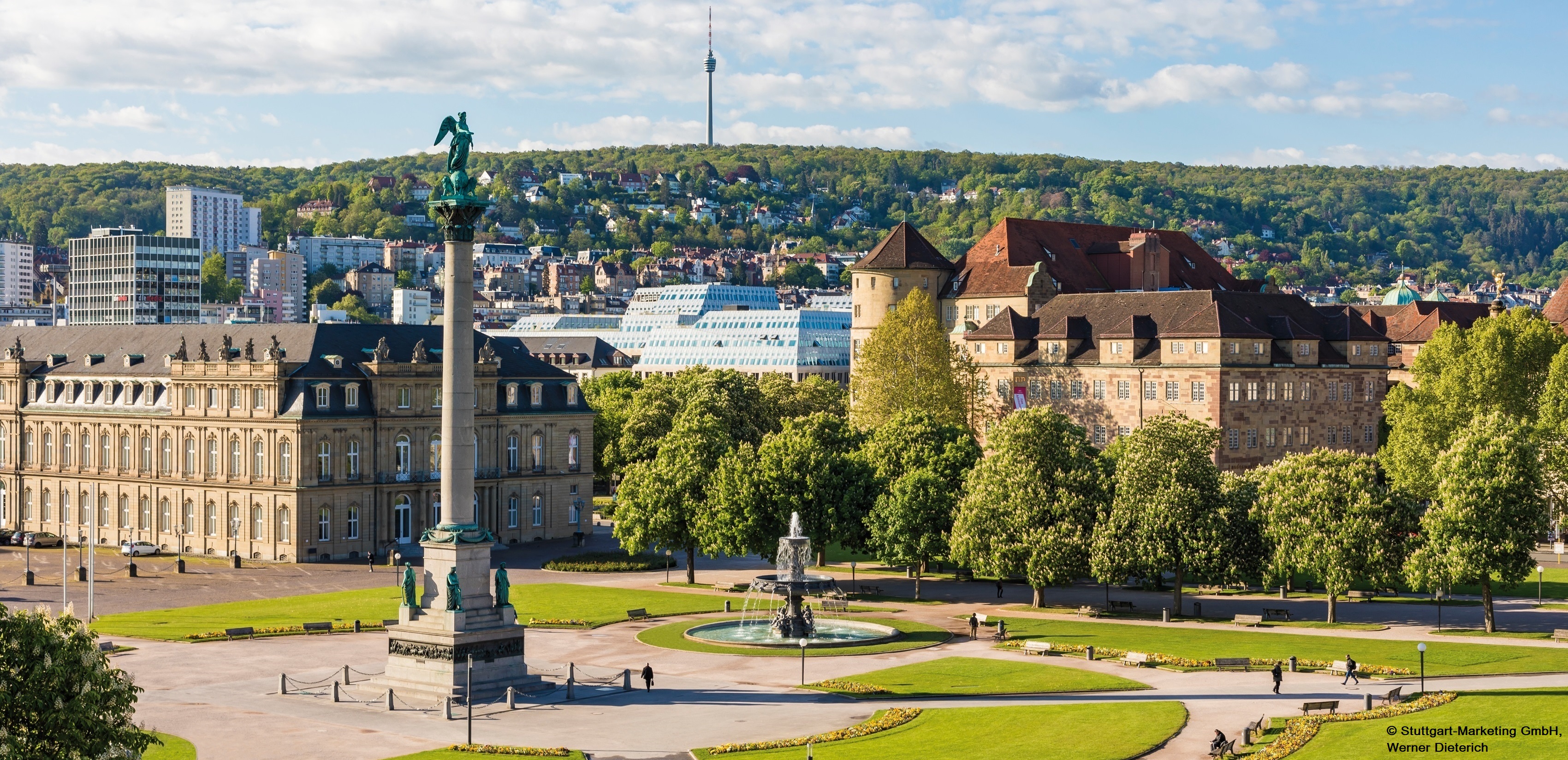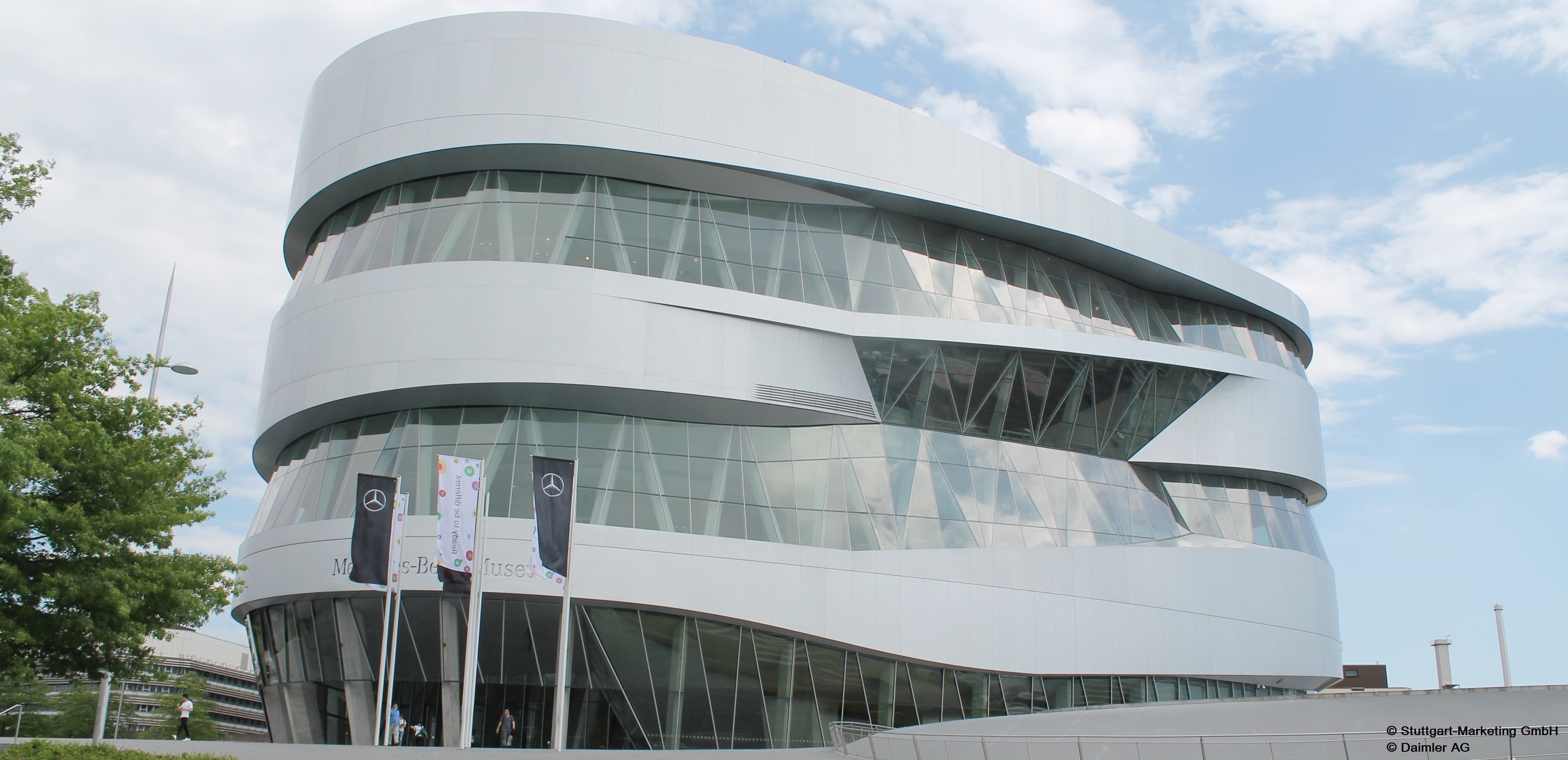ETFA 2022 Keynote Speakers
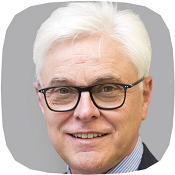
Prof. Detlef Zuehlke
Germany
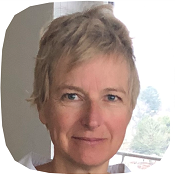
Dr. Kirsten Matheus
Senior Expert for in-vehicle communication technologies, BMW Group, Germany
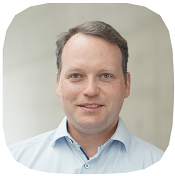
Dr. Jens Ottnad
Head of Data & AI, TRUMPF Machine Tools ,Germany
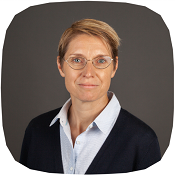
Dr. Andrea Dunbar
CSEM SA ,Switzerland
Keynote by Prof. Detlef Zuehlke
Industrie 4.0 from technologies to ubiquitous use |
|---|
Last year Industrie 4.0 celebrated its 10th anniversary. Since then it became the synonym for the production of the future leading to the big picture of the 4th industrial revolution. Even though the word Industrie 4.0 came up like a big bang in 2011, the basics for this development started already much earlier. In the late 90´s and early 2000´s the internet became the important driver in the new millenium. First, it connected people and later all things around. When I founded in 2005 the first smart factory worldwide, we started with smart machines, over the next years we built smart manufacturing systems which can be used like LEGO bricks to easily setup plants based on communication standards.
Today, we face a much broader view of Industrie 4.0. In Phase 1 Technologies have reached a mature level and can be used easily. So now we are entering Phase 2 in which we see new applications and new business models coming up. And instead of control commands we move one level up and communicate on a service architecture level. Each device and each factory will offer and use production services, which can be negotiated on worldwide market places. And as all devices offer all sorts of data via the networks, we will have access to huge amounts of data which must be converted to knowledge in order to make commercial use of it. This will push the importance of cloud plattforms as service provider or broker.
But what´s next? Typically in Phase 3 of an industrial revolution we see the ubiquitous use of all these developments. In parallel new groundbraking innovations develop in the background and prepare the next revolution. Maybe Quantum Computing or the Metavers fuel the next big thing.
About Prof. Detlef Zuehlke |
|---|
He received the MS in electrical engineering and computer sciences and his PhD in robotics both from RWTH Aachen/Germany. Until his retirement in 2017 he was Professor for Production Automation at the University of Kaiserslautern and Director of the research department Innovative Factory Systems (IFS) at the German Research Center for Artificial Intelligence (DFKI). From 2005 to 2019 he also served as the executive chairman of the SmartFactoryKL a non-profit research association and worldwide leader in smart manufacturing. His research interest is in industrial control architectures, factory planning and operation and human- machine-systems for industrial applications.
As spiritual father of the smart factory Industry 4.0 paradigm, he was honored by the Doctor honoris causa of the University Sibiu and the Badge of Honor of the German Society of Engineers VDI for outstanding contributions to the field of engineering. Amongst many others, he also received the IFAC outstanding service award.
Keynote by Dr. Kirsten Matheus
Is Ethernet the Solution for all? |
|---|
Both, the car and the industrial automation industries, face a large number of communication technologies in their products. These technologies, all with somewhat different advantages and disadvantages, need to be developed (ideally as standards), qualified, and maintained. Specialists are needed who can handle the technologies in the field and tools have to be available for support. Ethernet now, is a communication technology with a large adoption base across many different industries. It has been successfully introduced also in the industrial automation and automotive industries, in both cases with the hope to harmonize and reduce the number of communication technologies. This presentation will explore the chances and challenges Ethernet is facing in the car industry 18 years after its first automotive SOP.
About Dr. Kirsten Matheus |
|---|
Dr. Kirsten Matheus is engineer and economist. Since 2003, she worked in the automotive industry; since 2009 at BMW. At BMW she is responsible for the in-vehicle networking technology strategy. This entails ensuring the availability of suitable technologies well ahead of time and establish them in the industry. In this context, she successfully introduced Ethernet as a networking technology into the automotive industry. In her opinion, only open standards provide the basis for long term sustainability of networking technologies. She and her former colleague Thomas Königseder describe their experiences, background, and technical concepts behind the use of Ethernet in the automotive industry in a book titled “Automotive Ethernet”. A second book called “Automotive High Speed Communication Technologies; SerDes and Ethernet for Sensor and Display Applications” is published soon.
Keynote by Dr. Jens Ottnad
Paradigm shift in mechanical engineering – how data and AI are triggering changes in manufacturing |
|---|
TRUMPF machine tools is transforming itself from a single machine builder to a solution provider. This is what TRUMPF stands for with its products for "the sheet metal process chain" and the networking of production in the Smart Factory.
With the help of learning AI systems, TRUMPF support its customers to optimize their production processes. Numerous sensors monitor the proper operation of our systems. By networking the machines, valuable data can be obtained, which can then be further developed into high-quality strategies with the help of AI methods. A large proportion are SMEs, to whom we make AI solutions accessible through our products and services. Our vision of the factory of the future is based on three pillars:
- The first pillar are smart machines that process sheet metal robustly and flexibly through continuous learning.
- Intelligent assistance systems are the second pillar. These digitize indirect processes and improve them with the help of learning algorithms.
- The last pillar is the factory simulation. With intelligent software solutions data is used to simulate and optimize planning & control processes.
In this keynote, we will share exciting real-world applications for all three pillars and show how AI is helping us to generate added value for our customers.
About Dr. Jens Ottnad |
|---|
Jens Ottnad studied Mechanical Engineering at the Karlsruhe Institute of Technology (KIT) and received his PhD in 2009 in field of structural optimization and robotics.
From 2015 Jens Ottnad managed the advanced development of laser machines and shaped the first fully automated laser machine.
As Head of networked systems, he was driving the transformation at TRUMPF’s machine tool division from a traditional mechatronic thinking for stand-alone machines to a much more connected factory approach with data based and data driven products and digital services. In 2021 he founded the center of excellence for data & AI within the agile transformation of the development organization at TRUMPF machine tools.
In all positions Jens Ottnad was working closely together with universities, research institutes and start-ups. He is married and has three children.
Keynote by Dr. Andrea Dunbar
Practicalities of Data Analytics and AI in Industrial Control |
|---|
Many companies are looking to digitalization to improve their industrial control. In this talk we discuss the practicalities of bringing data driven techniques into the industrial environment.
Through three practical examples of in-line quality control, logistics tracking and defect detection, we demonstrate how an intelligent system design is beneficial for efficient accurate systems. We show that by combining both hardware for data acquisition and customized software algorithms fast, accurate, industrial quality control is possible. New multimodal acquisition techniques can lead to greater accuracies. Furthermore, combining physics-based algorithms with neural networks and the latest data augmentation techniques can ease the data collection burden and create faster inference.
Looking at these systems holistically allows hierarchical decision making and to see how edge and cloud computing can work in harmony. We discuss the tradeoffs between complex hardware and extensive data collection to obtain the accuracies needed. Practical examples means that as well as the technical challenges we discuss also the business challenges and opportunities in these data driven techniques.
The end of the talk will look to the future of data driven industrial control and its possibilities.
About Dr. Andrea Dunbar |
|---|
Dr. Andrea Dunbar studied physics at St. Andrews University. Then after a brief sojourn in the city of London she went back to physics obtaining her PhD at Trinity College, Dublin in 2002. She joined the EPFL Institute of Quantum Electronics in Lausanne, where she worked on semiconductor optoelectronics. In 2007 she joined CSEM, a research and technology company supporting innovation in Swiss industry. She obtained her eMBA from EPFL in 2016. Today she leads the Edge AI & Vision group at CSEM, and the Data & AI focus activity at CSEM. Her team currently works on machine learning, intelligent vision systems including machine vision and multispectral systems. Their active research is on ultra-low power systems for a sustainable future including low power imagers and hierarchical computing including resource aware ML training for IoT applications. She is a reviewer for IEEE, is an active member of local starts-ups and lectures on digitalization at EPFL.

